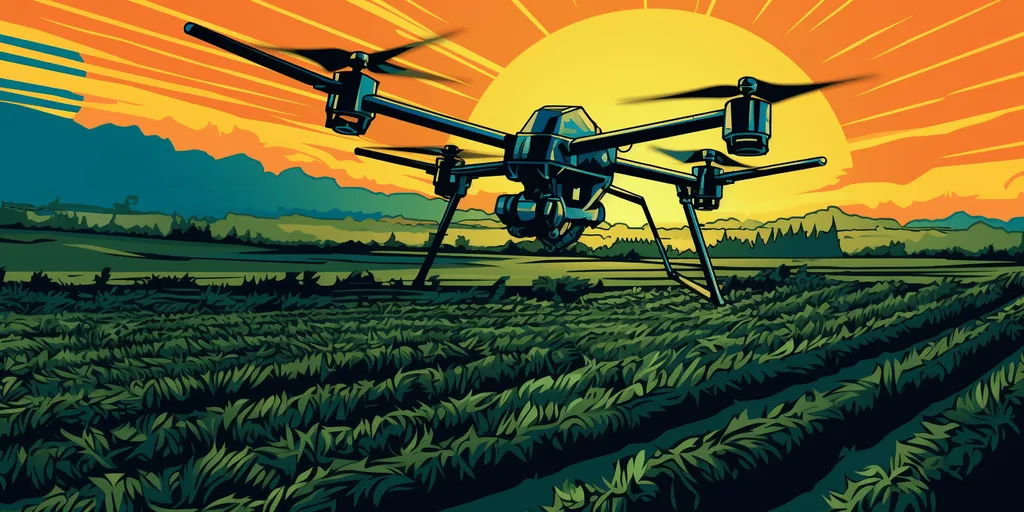In the rapidly evolving world of unmanned aerial vehicles (UAVs), researchers are constantly pushing the boundaries of what these machines can achieve. A recent study published in the *Journal of Harbin University of Science and Technology* (translated from Chinese) has introduced a novel approach to improving the stability and speed of quadrotors, which could have significant implications for various industries, including agriculture and energy.
The research, led by XUE Ping from the School of Automation at Harbin University of Science and Technology, focuses on enhancing the performance of quadrotors by optimizing the Proportional-Integral-Derivative (PID) control algorithm. Traditional PID controllers, while widely used, often suffer from slow response times and imprecise adjustments due to their reliance on accurate kinematic models and lengthy tuning processes.
XUE Ping and his team addressed these issues by employing a differential evolution algorithm to fine-tune the PID controller. This approach not only accelerates the adjustment process but also significantly improves the stability and responsiveness of the quadrotor. “The use of differential evolution algorithm to adjust the attitude of the four rotor aircraft can not only improve the stability of the four rotor aircraft, but also improve the speed of the attitude adjustment of the four rotor aircraft,” XUE Ping explained.
The results of their study are compelling. Through MATLAB simulations, the researchers demonstrated that their improved PID controller increased the system’s rising time by 36% compared to the traditional Ziegler-Nichols tuning method. This enhancement translates to faster and more precise attitude adjustments, which are crucial for applications requiring high levels of accuracy and efficiency.
The commercial impacts of this research are far-reaching. In the energy sector, for instance, quadrotors equipped with advanced control systems can be deployed for inspections of wind turbines, power lines, and other critical infrastructure. The improved stability and speed offered by this new control algorithm can enhance the safety and effectiveness of these inspections, ultimately leading to better maintenance and reduced downtime.
Moreover, the agricultural industry stands to benefit significantly from these advancements. Quadrotors are increasingly being used for crop monitoring, pesticide application, and other precision agriculture tasks. The enhanced control system developed by XUE Ping and his team can ensure more accurate and efficient operations, leading to higher crop yields and reduced environmental impact.
The research published in the *Journal of Harbin University of Science and Technology* represents a significant step forward in the field of UAV technology. As the demand for autonomous systems continues to grow, innovations like this will play a pivotal role in shaping the future of various industries. The work of XUE Ping and his colleagues not only highlights the potential of differential evolution algorithms in optimizing control systems but also paves the way for further advancements in the field of quadrotor technology.
As the energy sector increasingly turns to UAVs for inspections and maintenance, the need for reliable and efficient control systems becomes paramount. The research conducted by XUE Ping and his team offers a promising solution that could revolutionize the way quadrotors are used in commercial applications. By improving the stability and speed of these aerial vehicles, the study opens up new possibilities for their deployment in challenging environments, ultimately contributing to safer and more efficient operations.

